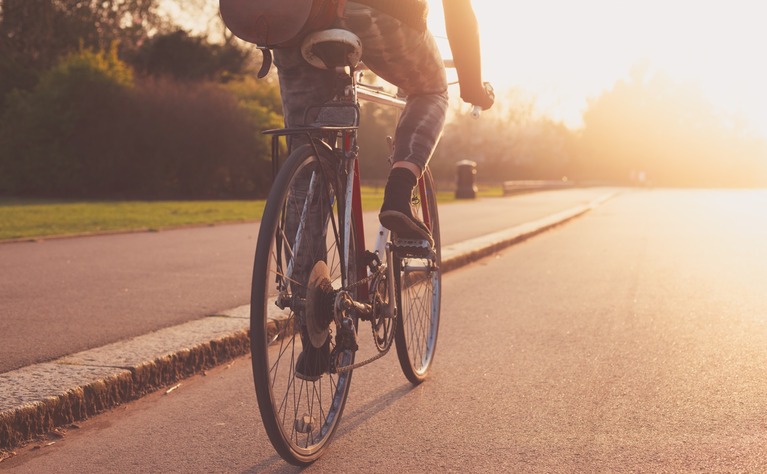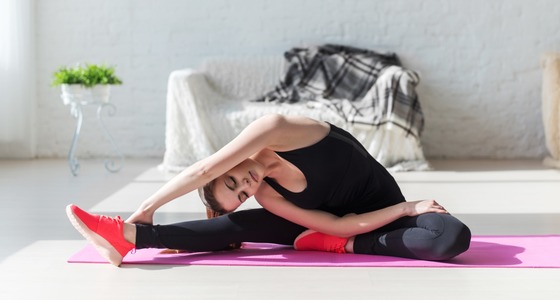
The benefits of exercise for everyone are well-known - it improves psychological well-being, gives better overall health and improved quality of life.
But what about specifically if you have IBD? In recent years more studies have been carried out into the role of exercise and IBD but very little is actually known about the effect exercise has on the condition.
A review article on the role of physical exercise in IBD concluded : ‘Preliminary studies demonstrate that moderate exercise has no negative health effects and may diminish some symptoms of IBD. The exercise is recommended also because it could counteract some IBD specific complications by improving immunological response, psychological health, nutritional status, bone mineral density and reversing the decrease of muscle mass and strength’1.
And many people with IBD do report that doing exercise gives them more energy, helps them psychologically, reduces muscle and joint pain, and increases muscle and bone strength.
A study has also shown that exercise reduces the risk rate for colon cancer by as much as 50%2 - and people with IBD in the colon are at a greater risk of developing colon cancer. It is also suggested that moderate exercise has an anti-inflammatory effect.
So, it seems that exercise could play a positive role in IBD. But, the intensity of any exercise you do may be important. Very intense or extreme exercise can cause diarrhoea, cramps and bloating in anyone (often found to happen in long-distance runners) and can speed up the transit of stools through the colon - not something you want to happen if you are already experiencing diarrhoea.
A study is currently being carried out called ‘A feasibility study of moderate and high intensity exercise training in adults with Crohn’s disease’ which may give us more indication as to the effects exercise has on IBD. You can see more here.
If you have a chronic condition then it can often be hard to exercise. Doing exercise doesn’t just have to be about going for a run, swimming or doing other cardio exercises. Instead you could just try going for a short walk (even if it’s just around your house or garden) or doing some sitting stretches or exercises.
It’s also important to listen to your body. One day you may feel well enough to go to a fitness class but the following week feel too fatigued. If your body is telling you to rest then there’s nothing wrong with listening to it!
If you have had recent surgery then discuss with your doctor what exercise is safe for you to do before starting.
The type of exercise you do will greatly depend on your personal preferences. If you like being part of a group then you may wish to take up a team sport or join a fitness class, but if you prefer exercising alone then you may want to take up cycling, running, swimming, pilates or yoga. You can also do stretching and strength exercises from the comfort of your own home. Doing these may help you if you have muscle/joint pain and find you can’t exercise for any period of time.
In the coming months we will be adding articles and videos on specific exercises and IBD. In the meantime here are a few ideas to help get you started.
